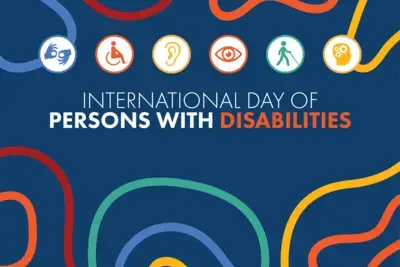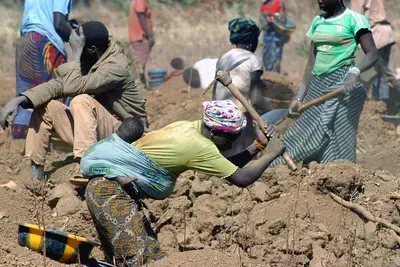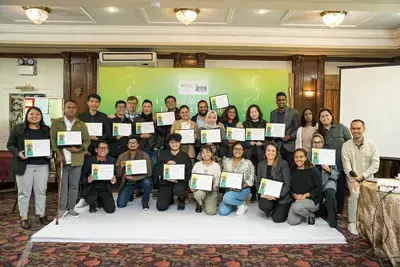
Success Story
Afghan Women Take Seats in Parliament, Prepare for Road Ahead
After several months of controversy and delays in the certification of election results, 249 members have now taken their seats in Afghanistan’s Wolesi Jirga or lower house of parliament. Among them are Farida Hamidi and Frishta Amini, two women who make up the entire delegation from Nimroz province in the far southwest corner of the country.
Although the Afghan parliament reserves 68 seats for women, including one for Nimroz, Hamidi and Amini received the two highest vote totals in their province. Despite the risks faced by female candidates – many of whom were subjected to violence and intimidation – both women ran strong campaigns and garnered more votes than all their male opponents. As a result, Afghanistan is one of the few countries with quota laws where a woman was elected outside the quota.
Women Legislators Farida Hamidi and Frishta Amini

Frishta Amini
Frishta Amini came 50 votes shy of winning a parliamentary seat in 2005, but she did not give up and continued to believe that Afghan women could engage in politics and work side by side with men.
Farida Hamidi
A teacher by profession, Farida Hamidi is a natural mediator. She was the first to establish a school for girls after the fall of the Taliban regime.
Currently, NDI is conducting an orientation for all 69 women parliamentarians. Featuring local speakers as well as former members of parliament from Canada and Indonesia, the workshops seek to familiarize the new members with the Afghan Constitution, parliamentary rules of procedure, the Universal Declaration of Human Rights and the U.N. Convention on the Elimination of all Forms of Discrimination against Women. The orientation encourages the new parliamentarians to build strong connections with one another as well as with female leaders in civil society, to help raise the voice and visibility of all women in Afghan society.
In the lead up to last September’s parliamentary elections, NDI organized campaign schools to help women candidates develop the skills needed to overcome the unique challenges they face. Approximately 246 women (62 percent of all women candidates) participated in the schools, where they broadened their knowledge of the electoral process and ability to compete. Despite being rivals, the candidates worked together to improve their public speaking and messaging abilities for the campaign trail.
Many of the candidates were young and highly motivated, citing an eagerness to serve their constituents as the primary reason for running for office. To sustain their enthusiasm for political activism, NDI organized a conference for unsuccessful female candidates. Winning candidates, including Hamidi and Amini – who previously lost in the 2005 parliamentary election – spoke about how they organized successful campaigns. Hamidi and Amini emphasized the advantages that come with early planning and support from the religious community, among other factors.
Pictured Above: General Nazifa Zaki (right) and Farkhunda Zahra Nadiri, both new members of parliament from Kabul province, attended NDI’s orientation for women MPs.
Published February 9, 2011



